| Biofertilizers are natural products that improve plant nutrition and growth. Moreover, biofertilizers can help you achieve sustainable agriculture, by reducing the use of chemical fertilizers, enhancing soil health and increasing crop yield. |
Biofertilizers are products made from plant residues, bacteria, fungi and other microorganisms that are used to improve plant nutrition and growth. These products help plants to better utilize atmospheric nitrogen, phosphorus and other essential nutrients for their development. In addition, biofertilizers contribute to improve soil health, microbial biodiversity and the environment.
Types of biofertilizers
There are several types of biofertilizers according to the type of microorganisms that compose them and the function they perform. Some of the most common are:
- Mycorrhizae: They are fungi that establish a symbiosis with the roots of plants, increasing their absorption surface and facilitating access to nutrients such as phosphorus, potassium and zinc.
- Rhizobium: They are bacteria that associate with the roots of legumes and fix atmospheric nitrogen, making it readily available for plant uptake.
- Azospirillum: They are bacteria that live in the rhizosphere or in the intercellular spaces of the roots of grasses and fix atmospheric nitrogen, in addition to producing plant growth-promoting substances.
- Azotobacter: They are free-living bacteria that fix atmospheric nitrogen and solubilize phosphorus, in addition to producing plant growth-promoting substances and slime that improves soil structure.
- Phosphate solubilizers: They are microorganisms that release organic acids or enzymes that dissolve insoluble phosphorus compounds in the soil, making them available for plants.
- Nematophagous: They are microorganisms that parasitize or prey on nematodes, which are microscopic worms that cause damage to the roots and reduce crop yield.
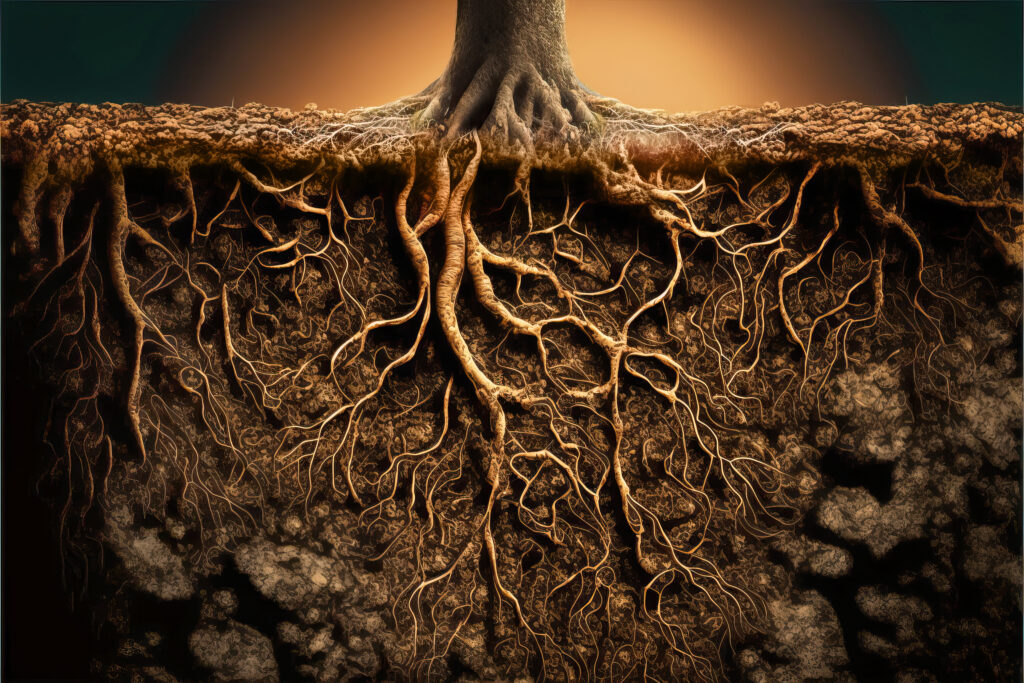
A new biofertilizer: insect frass
Among the different types of biofertilizers, there is one that stands out for its innovation and potential: insect frass. Frass is the excrement of insects, which contains organic matter, nitrogen, phosphorus, potassium and other minerals. Frass also harbors a great diversity of microorganisms beneficial for plants, such as nitrogen-fixing bacteria, phosphorus-solubilizing bacteria and plant growth-promoting bacteria.
One of the insects that produces high-quality frass is Tenebrio molitor, also known as mealworm. This insect feeds on agro-industrial by-products, such as wheat or barley bran, and transforms these wastes into animal protein and frass. Tenebrio molitor frass has a high content of nitrogen, phosphorus and potassium, as well as other elements such as calcium, magnesium, iron and zinc.
Tenebrio molitor frass can be used as a biofertilizer in different crops, both in conventional and organic agriculture. Some studies have shown that frass improves the growth and production of plants such as tomato, lettuce, pepper, strawberry and corn. Frass also increases the resistance of plants to diseases and pests, by stimulating their immune system and favouring the biological balance of the soil.
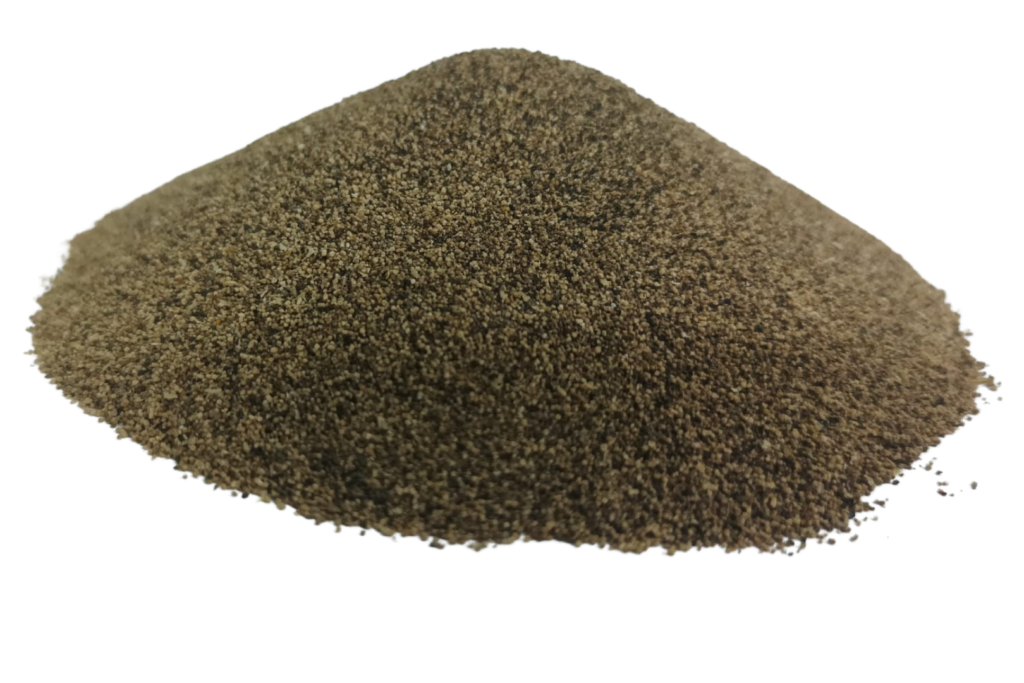
About Protiberia
In conclusion, biofertilizers are an effective and ecological alternative to chemical fertilizers, that improve the quality and profitability of crops; and insect frass is an innovative and promising type of biofertilizer, that provides nutrients and beneficial microorganisms for plants.
Tenebrio molitor frass is an example of how the potential of insects can be exploited to generate value from waste. We are a pioneering company in the production and commercialization of this insect and we offer a 100% natural, ecological and sustainable product, that takes advantage of local resources and reduces the environmental impact.
References
Arias, J. P. (2018). Nuevos abonos a partir de excrementos de insecto: el caso del gusano de la harina (Tenebrio molitor). Ingeniería y Región, (19), 1-11. https://dialnet.unirioja.es/servlet/articulo?codigo=6973427
International Platform of Insects for Food and Feed (IPIFF). (2019). Contribution Paper on the Application of Insect Frass as Fertilising Product in Agriculture. https://ipiff.org/wp-content/uploads/2019/09/19-09-2019-IPIFF-contribution-on-insect-frass-application-as-fertilising-product-final-version.pdf
Poveda, J., Jiménez-Gómez, A., Saati-Santamaría, Z., Usategui-Martín, R., Rivas, R., & García-Fraile, P. (2019). Mealworm frass as a potential biofertilizer and abiotic stress tolerance-inductor in plants. Applied Soil Ecology, 142, 110-122. https://doi.org/10.1016/j.apsoil.2019.04.016
Fertilizantes orgánicos, órgano-minerales y enmiendas orgánicas. AEFA: Asociación Española de Fabricantes de Agronutrientes. https://aefa-agronutrientes.org/fertilizantes-organicos-organo-minerales-y-enmiendas-organicas
Poveda, J. (2021). Insect frass in the development of sustainable agriculture. A review. Agronomy for Sustainable Development, 41(1), 5. https://doi.org/10.1007/s13593-020-00656-x

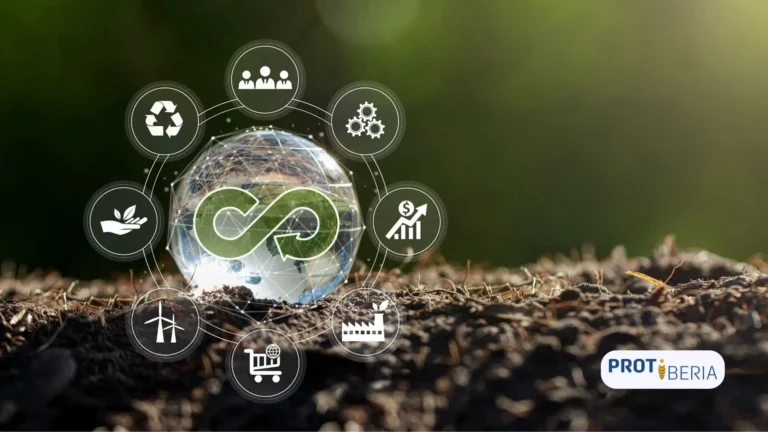
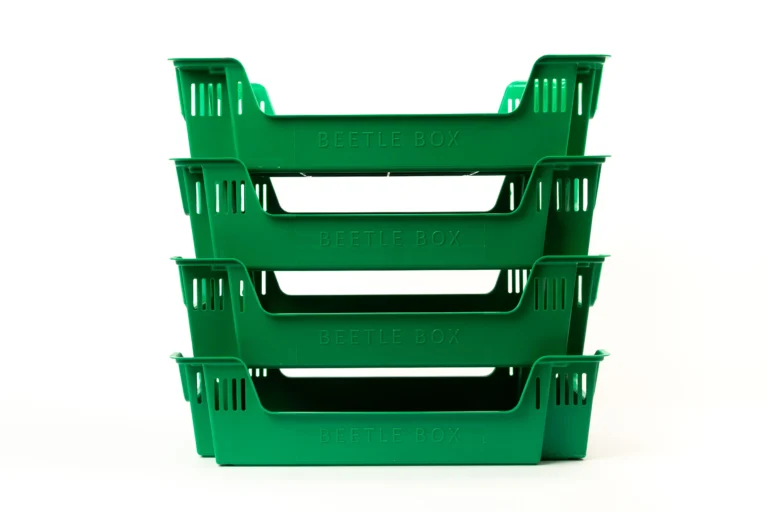
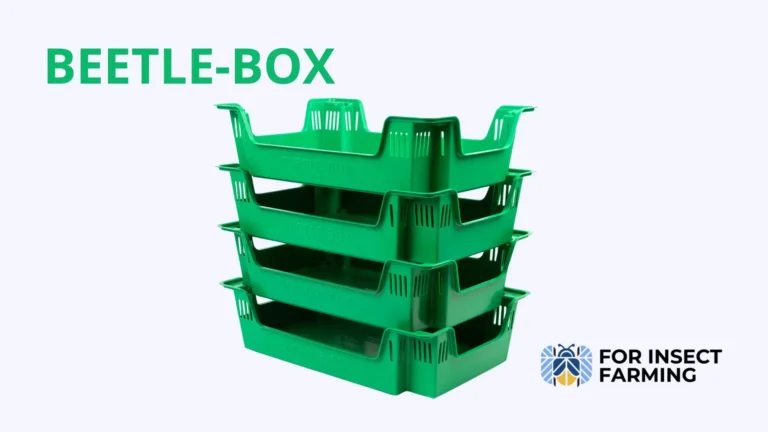
1 comment
Sachin Amrutkar
Biofertilizers are a promising technology revolutionizing agriculture by promoting plant growth and soil health in an environmentally friendly manner. They offer a sustainable alternative to traditional chemical fertilizers, which have raised concerns about environmental pollution and long-term soil degradation.